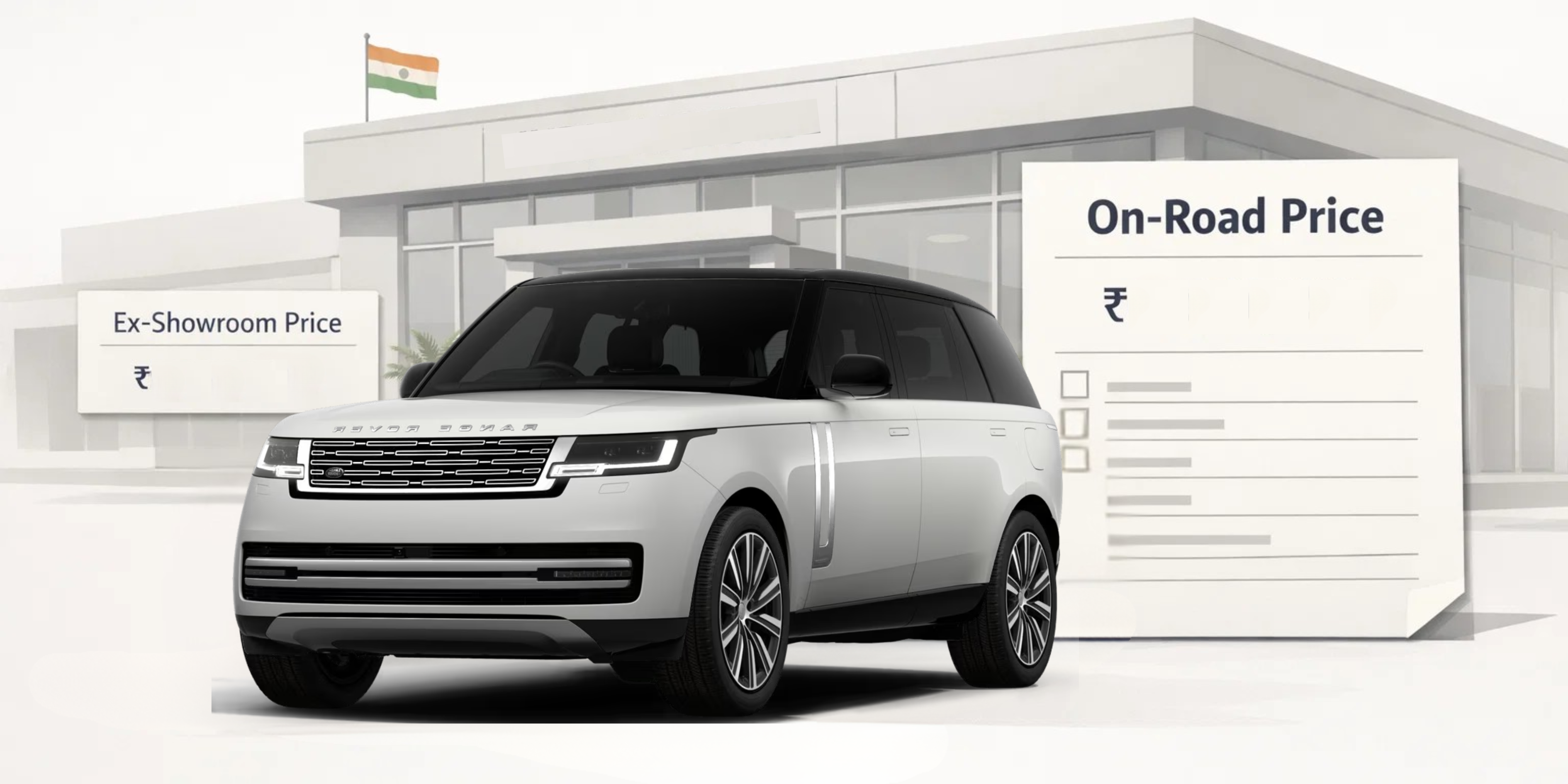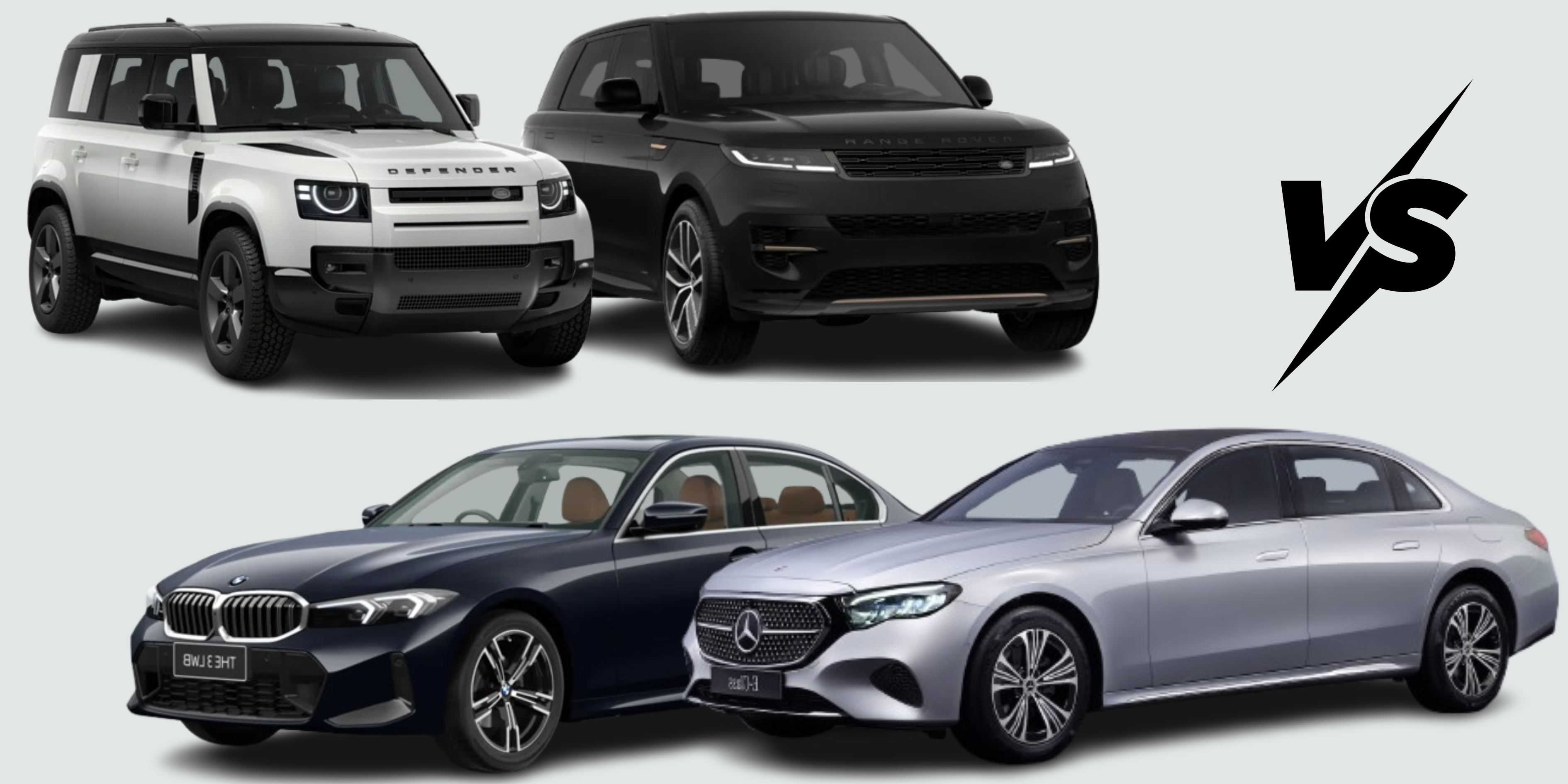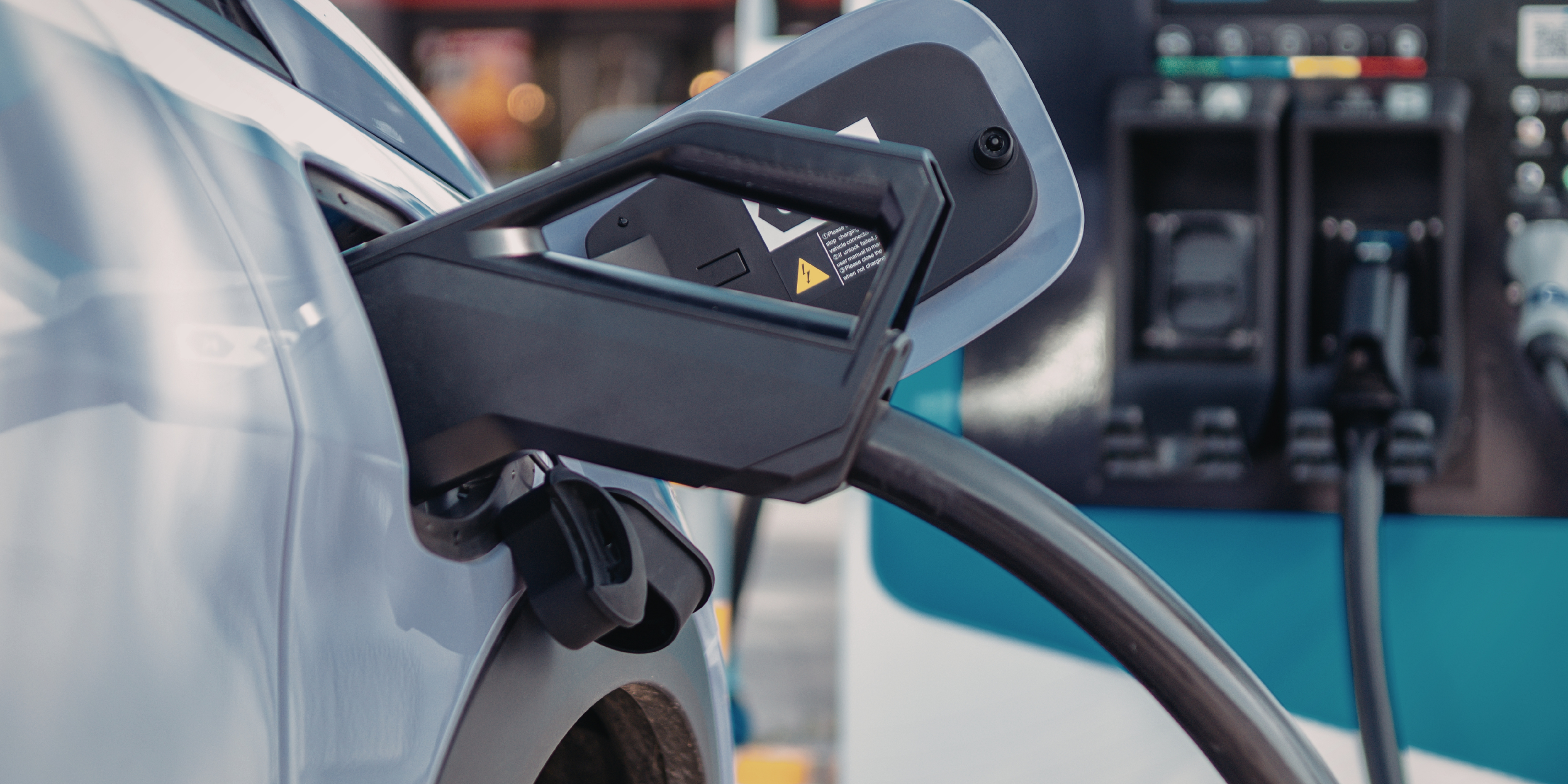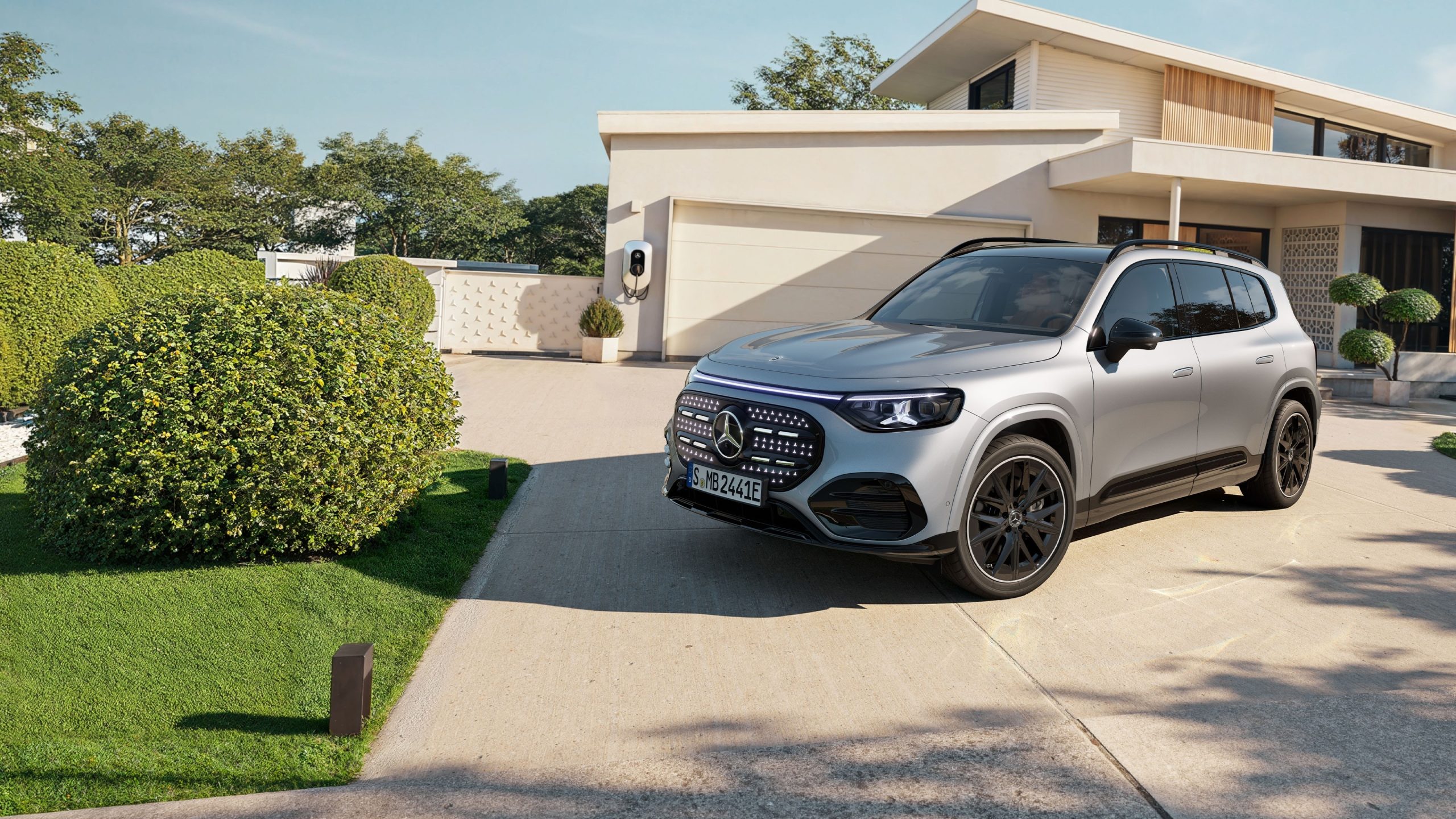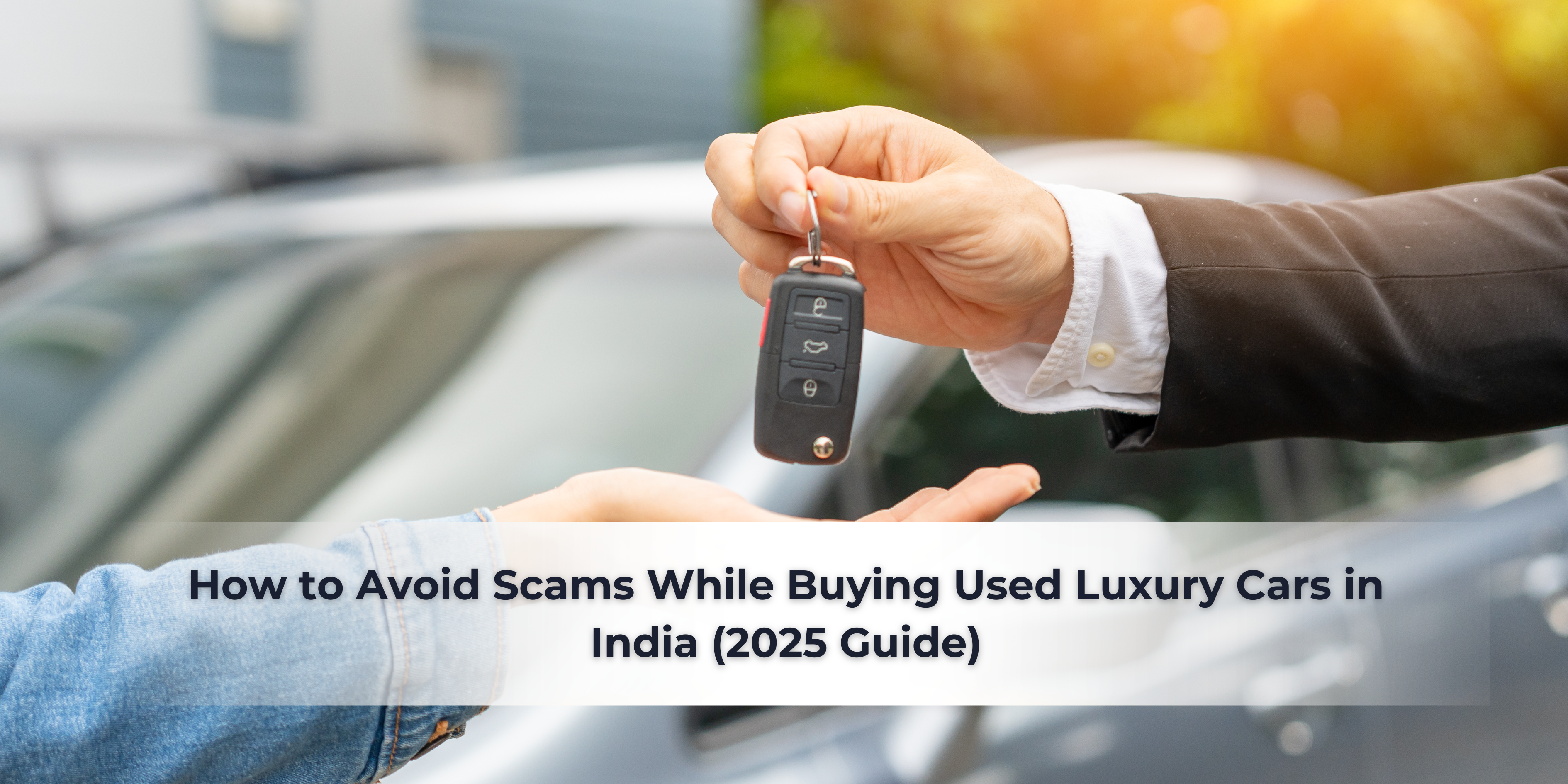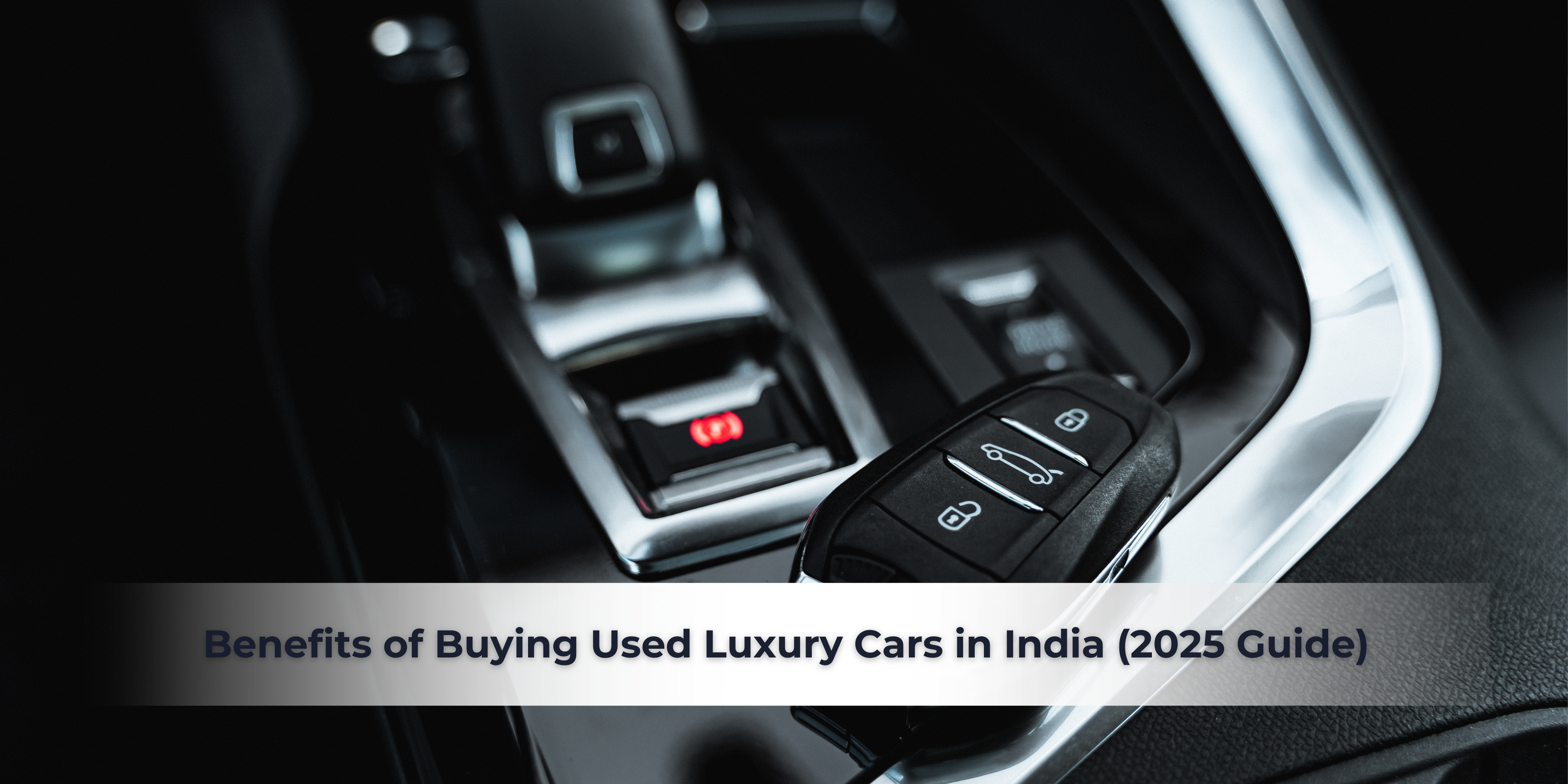Ex-Showroom vs On-Road Price in India: All Charges Explained with Examples
Introduction If you have ever explored the premium automotive market in India, you have likely encountered a significant discrepancy between the advertised price and the final cheque you write. A…

